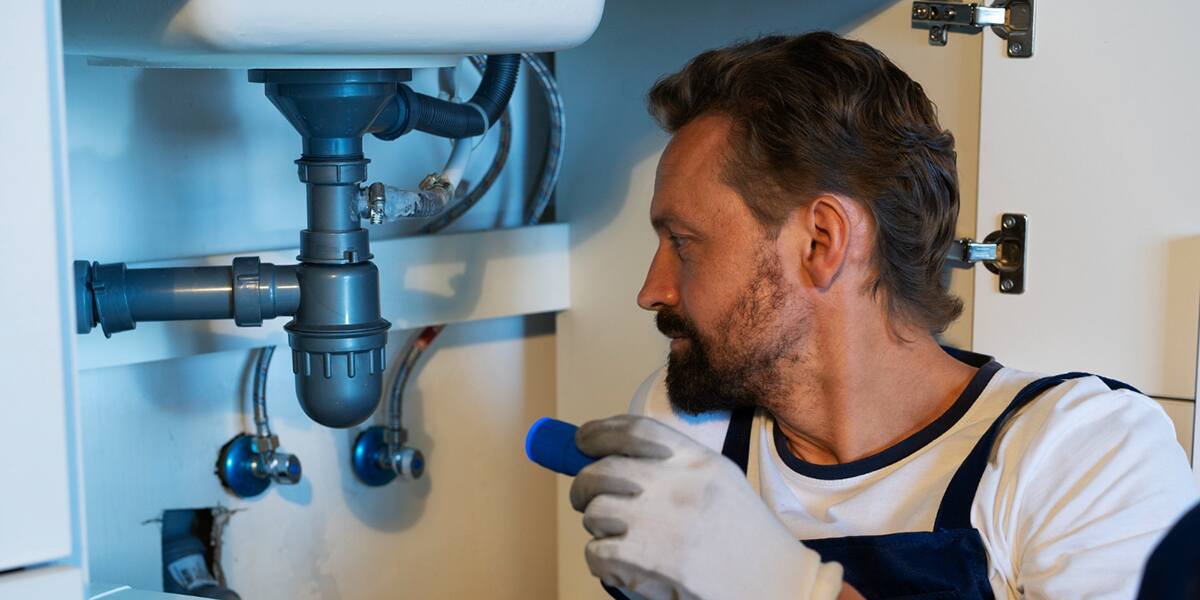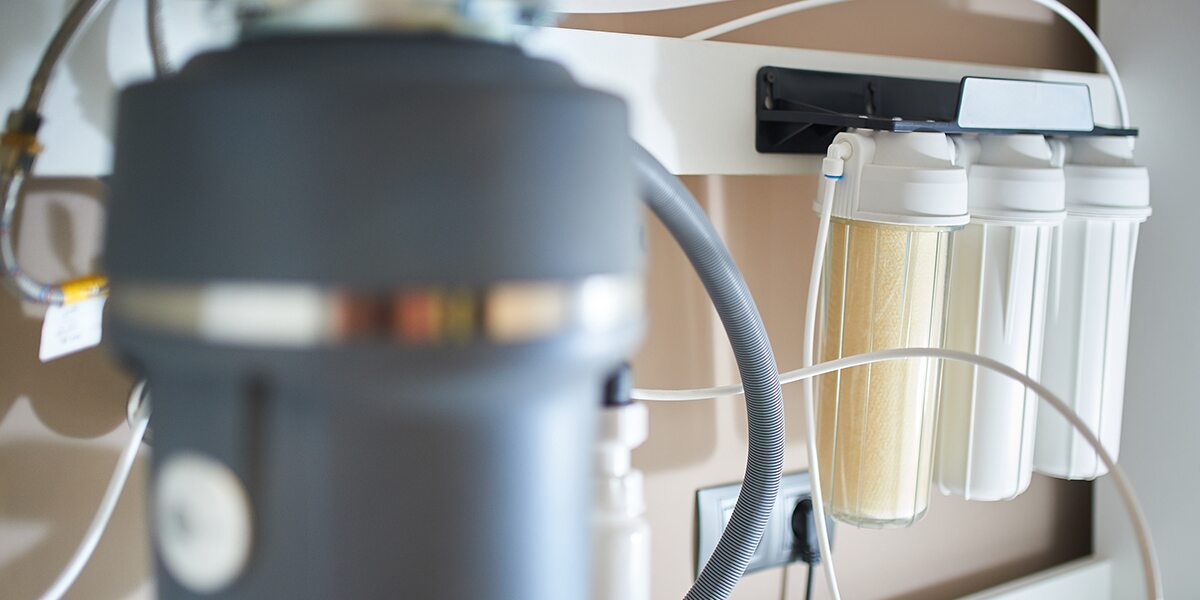We tend to take our water heaters for granted until they stop working. You don’t want to be without a hot-running shower in the winter. If you’re wondering how to extend the life of your water heater, there are many things you can do.
Tips for Extending Your Water Heater’s Life
Knowing how to care for your water heater will help you prepare for when problems arise. At Champion Plumbing, the water heater repair experts in Edmond, OK, offer valuable tips for extending your water heater’s life.
Tips on how to extend the life of your water heater:
- Getting or performing routine maintenance
- Inspecting crucial parts of your water heater
- Treating the tank for corrosion and limescale
- Replacing vital components
- Installing an extra tank
- Staying vigilant of tank performance
- Flushing the tank of sediment
Following these tips can prove helpful whether you have a gas or electric water heater. Keep reading for detailed insight into these tips and more from Champion Plumbing.
1. Perform Regular Maintenance
Regular maintenance is critical in determining whether your water heater is faulty. Check the tank for cracks and leaks, and ensure all joints are secure. You should perform maintenance yearly to ensure your unit is in good standing.
You should take the slightest signs of water outside the tank seriously. A leaking water heater can cause significant damage in little time.
Alternatively, a professional plumbing company such as Champion Plumbing can perform routine maintenance. A plumbing expert will inspect your tank, pipes, and other parts of your plumbing system for structural damage, leaks, and other concerns. They can repair these issues promptly.
2. Inspect the Pressure-Relief Valve
Your water heater’s pressure-relief valve is a safety mechanism that lets pressure out of the tank before it reaches dangerous levels. You’ll find the pressure-relief valve on the side or top of your water heater. You should ensure this function is working to avoid explosions.
Lift the lever on the valve. If water comes out of the discharge pipe, it works properly. If no water comes out, you’ll need to drain the tank and replace the valve.
The pressure-relief valve is more prone to leak and wear with age. Close the cold water supply shutoff valve and run hot water to see if your effort resolves the issue. Be sure to test repairs you’ve done yourself, or leave them up to a repair technician.
3. Drain and Flush the Tank
Water heaters collect sediment as debris and dirt build up at the bottom of the tank. These particles increase your energy bills by making your tank work harder, which shortens its life significantly. Draining and flushing your water heater will eliminate sediment.
Open the tank’s drain valve and let the water run into a bucket. If the water is dirty, you’ll need to flush the tank. Otherwise, you should check for sediment once or twice a year.
Tanks without regular maintenance may have significant sediment buildup. It may take draining several gallons of water to flush out all traces of debris.
4. Treat Water Before It Reaches the Tank
If your water has a high mineral content, you may deal with excess calcium, iron, and sediment. These are easily solvable problems with the help of a water softener. Installing a water softener system will prevent hard water from wreaking havoc on your tank and pipes.
Cleaning the tank also removes harmful contaminants if the anode fails. Draining the tank and then using anti-limescale cleaner will remove the thick layer inside and restore your heater’s performance. Your local plumbing experts can install a water softening unit to reduce the effects of hard water before they occur.
5. Check Gas Lines
It’s vital to regularly inspect your home’s gas lines if you have a gas-fueled water heater. Check that all pipes seal securely and have minimal wear. If your gas pipes are damaged, you risk natural gas poisoning or an explosion.
Leaks in gas lines need immediate repairs. If you smell sulfur or see damage to gas pipes, avoid doing anything that would create a spark and contact your local natural gas emergency line to get help. Professionals can ensure your water heater doesn’t explode during a gas leak.
6. Replace the Anode Rod
An anode rod is a metal rod that sits in the middle of your water heater. It draws corrosive particles to it to keep the tank from rusting. Eventually, the material will corrode the rod, leaving your tank at risk of rusting.
A rusty anode rod indicates that it’s time for a replacement. Replacing the anode rod gives corrosive material a fresh surface to cling to, extending the life of your steel water heater tank. Most anode rods last up to five years, but you should check yours yearly.
7. Install a Water Heater Expansion Tank
Many water heater systems are closed, which means they don’t allow excess water back into the water main. Water expands quickly when heated, creating more pressure in the tank. The pressure increase puts more strain on your tank, reducing its efficiency.
An expansion tank helps avoid unnecessary stress on your water heater. The secondary tank soaks up excess water and reduces pressure in the water heater as the water expands. A plumber can determine what size expansion tank you need and install it correctly the first time.
8. Get Repairs Promptly
You should get repairs as soon as you notice signs of wear and tear or improper performance.
In addition to a faulty water heater, you may also notice:
- Increased utility bills.
- Water damage around the water heater.
- Unevenly heated water.
Your water heater involves many explosive elements. Water heater repairs can’t wait when high water tank pressure or potential gas leaks are involved. Maintenance will help reduce the need for repairs, thus extending the life of your water heater and helping you save money.
9. Don’t Ignore Foul Odors or Abnormal Sounds
Water heaters are typically quiet. Clanging, gurgling, rumbling, and other strange noises can indicate problems that lead to significant repairs. If you hear abnormal sounds, you may have a sediment buildup or corroded parts, or your unit may be worn from old age.
Foul odors are just as concerning. Sulfuric smells arise from built-up gas if your tank’s water is too soft. Also, you should ensure your water heater isn’t surrounded by clutter and debris to prevent a fire, and follow proper gas safety guidelines if you suspect a natural gas leak.
Contact the Professionals at Champion Plumbing
No matter the problem, the professionals at Champion Plumbing will help extend your water heater’s life. We understand that a water heater is a significant investment, and we want to help you get the most out of your unit. Whether you have a leaky water heater or pressure issues, our team can help.
Champion Plumbing puts its customers first with skilled technicians, friendly customer service, and high-quality workmanship. We pride ourselves on being a comprehensive plumbing company and offer services including gas line repair and drain cleaning. Our flat-rate pricing ensures there are no hidden fees.
Learn whether to repair or replace your hot water heater with help from our team and contact us when you need same-day service.
Have you wondered about how to extend the life of a water heater? The professionals at Champion Plumbing in Edmond, OK, can devise the perfect treatment plan to ensure your water heater lasts for years. Contact us for expert water heater services at 405-889-1318.






